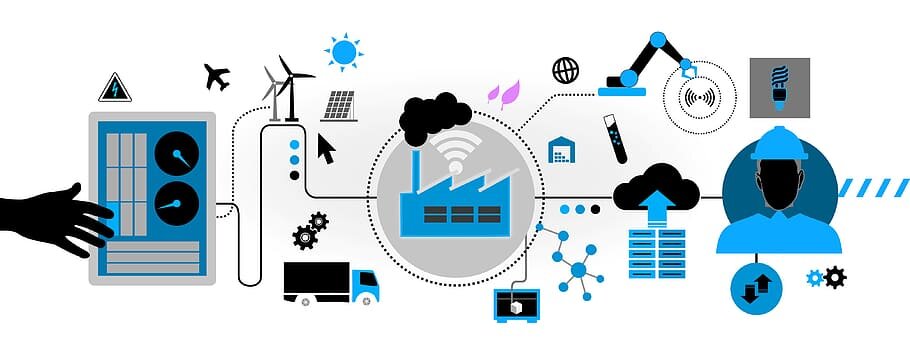How Should We Approach Automation?
By Tom Brasher
In 1935, the philosopher Bertram Russel published an essay titled ‘In Praise of Idleness’ in which he argued that with the advancement of technology, more work could be completed by machines, allowing people more leisure time. Similar arguments have also been made by Karl Marx and John Meynard Keynes, with the latter predicting that by 2030, we would not only have a less than 15 hour long working week, but we’d also enjoy living standards eight times higher than those of the 1930s. Since then, much of the technology needed to make these ideas a reality has been developed, yet, in the US, only 10% of companies which could automate have actually done so and workers are being encouraged to work longer hours in order to compete with foreign companies. This raises two questions, why haven’t we seen large scale automation yet, and how can we ensure that automation not only happens but is implemented correctly?
First, many are anxious about the threat that automation represents to employment. While this is obviously not a recent concern, in the early 1800s the Luddites destroyed the textiles machines which were driving them out of work, modern technology holds a much greater threat, with reports claiming that anywhere between a third or half of all jobs could be rendered obsolete by automation. In addition, for many companies, labour is a much cheaper option than automating their production processes and, with no policy initiatives being undertaken to encourage the adoption of new technologies, it is likely things will stay static for a while longer. There is also the issue that much of the development of new technologies is in the hands of large tech companies, which are much more focused on profits than they are on creating the worlds predicted by Keynes and Russell.
So, with these criticisms in mind, how should we move forward with beginning the process of automation? Some, most prominently 2020 Presidential candidate Andrew Yang, have suggested Universal Basic Income, or UBI as a solution. This would mean that every citizen of working age would receive a dividend which covers their basic needs. This would provide financial security to those whose jobs are threatened by automation, making the process of automating industry much smoother. In addition, some have proposed that the state take the initiative of funding technological research, with the goal that these developments come under public ownership, allowing everyone to reap the rewards of automation in a post-scarcity economy. While ideas such as these are often dismissed as being too idealistic, I believe that they are at least worth exploring, if only to provide a starting point for discussing humanity's future.


